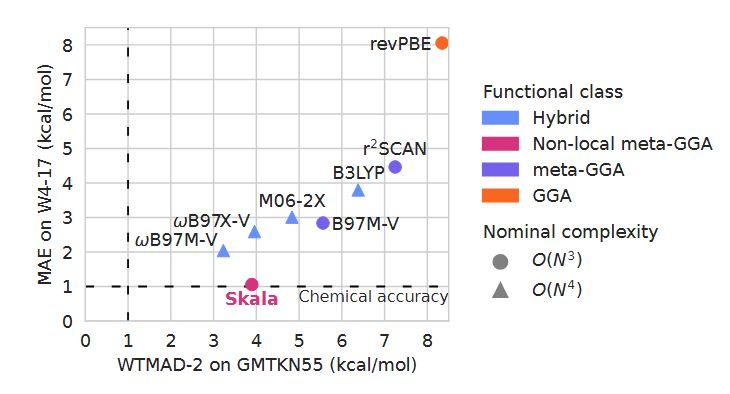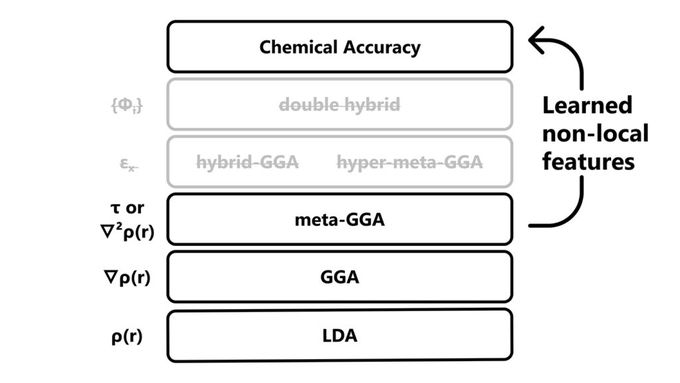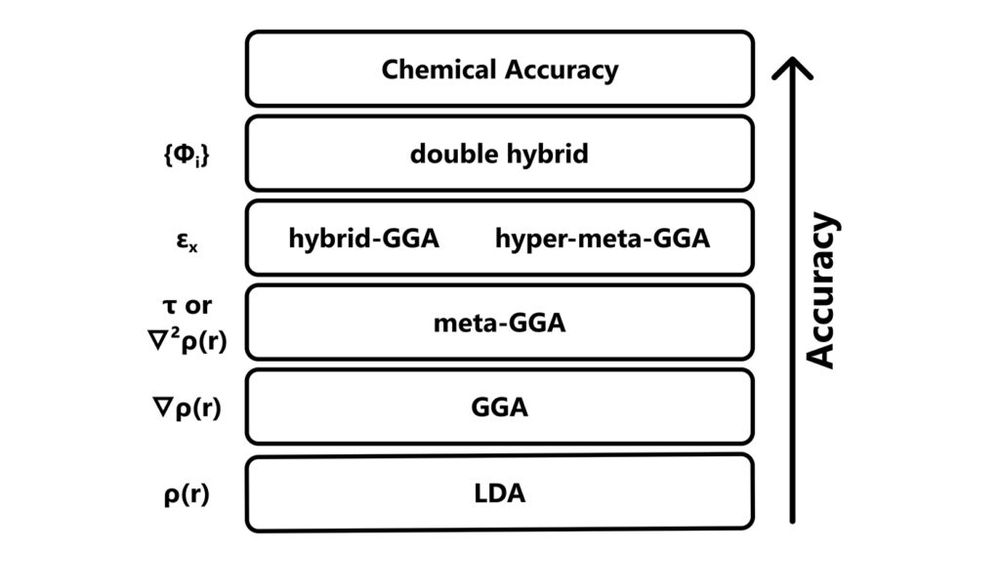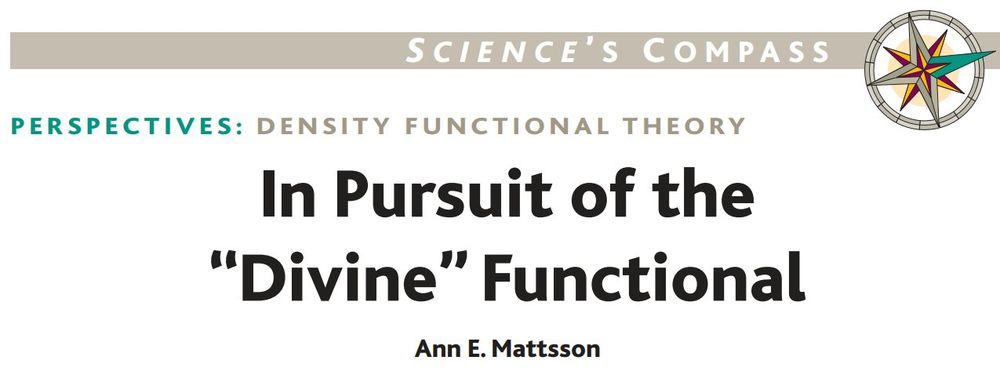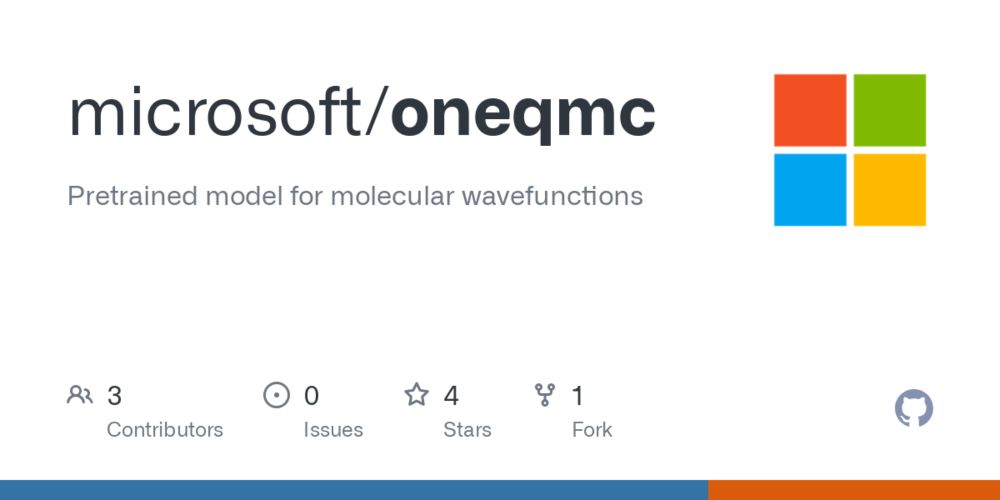

www.youtube.com/watch?v=Zzt3...
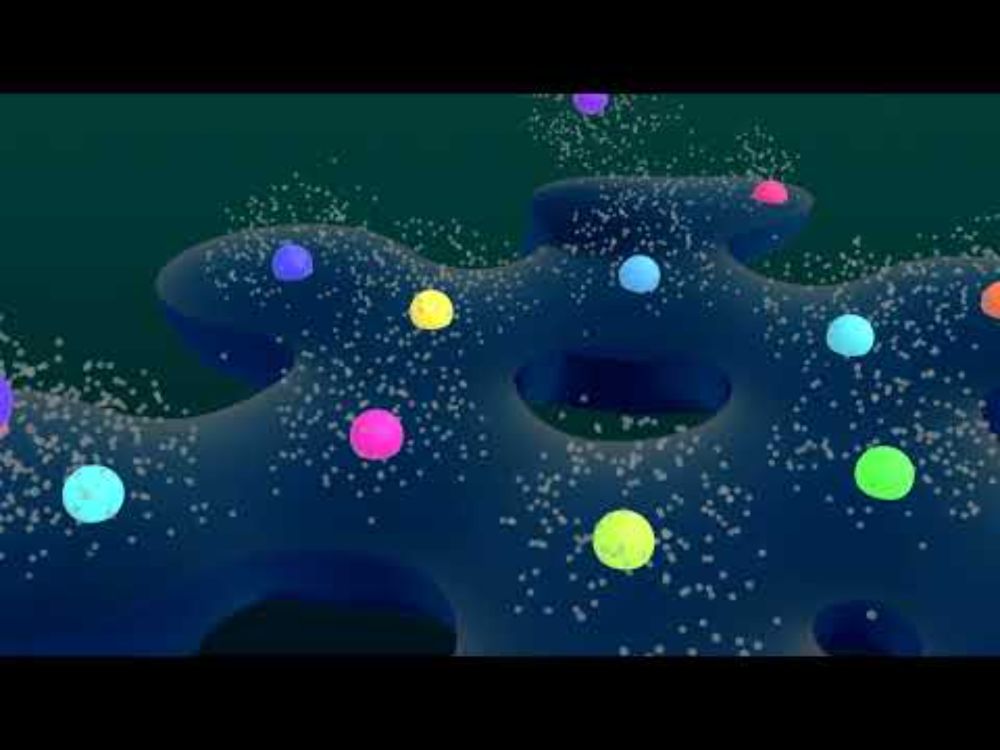
www.youtube.com/watch?v=Zzt3...
⚡🧪 #DFT #ChemTwitter #CompChem #AI4Science
👥 The dream team: @chinweih.bsky.social, @giulia-lu.bsky.social, @derkkooi.bsky.social, Thijs Vogels, Sebastian Ehlert, Stephanie Lanius, Klaas Giesbertz, ...
⚡🧪 #DFT #ChemTwitter #CompChem #AI4Science
👥 The dream team: @chinweih.bsky.social, @giulia-lu.bsky.social, @derkkooi.bsky.social, Thijs Vogels, Sebastian Ehlert, Stephanie Lanius, Klaas Giesbertz, ...
